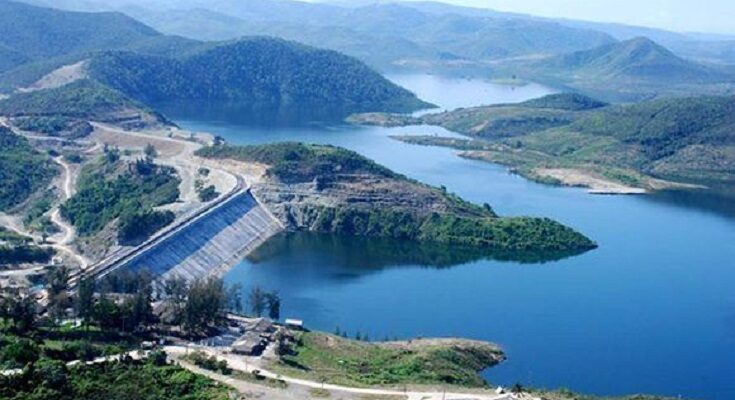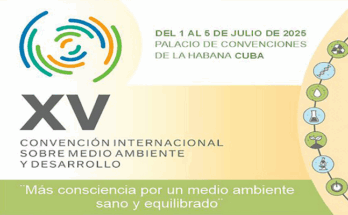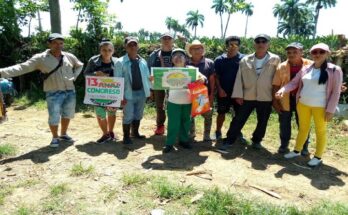In a spirit of cooperation and hard work, these men came to understand the needs of a country in the nascent years of the Revolution.
Finding a solution to the water problem was an immediate, imperative priority, because the nation’s agriculture had to be developed for the sake of its children.
Fidel was sure of the challenge: if agriculture is the basis, water is indispensable. The hydraulic development of the country was the great task.
The island without large rivers, with very short tributaries and fast torrents in the presence of rains, demanded intelligence and arms to initiate a program of water reserves for the consumption of the population and industries.
Hard work was required to ensure the preservation of land waters for Cuba’s economic and social development.
It was also necessary at that time to avoid major floods and to store water in order to respond in case of intense drought.
Dams, micro-dams, master canals, pumping stations, sewage networks and sewage treatment plants were the commitment and sacrifice of many men grouped in a Hydraulic Resources Institute.
Rebel Army Commander Faustino Pérez, Cuban doctor and member of the 26th of July Movement, was the representative of the men of the Hydraulic Willingness Program, of that force of temper and action, of the heroes who are forged in the trenches of life, in the course of experiences and in the legacy of Fidel and victories.




